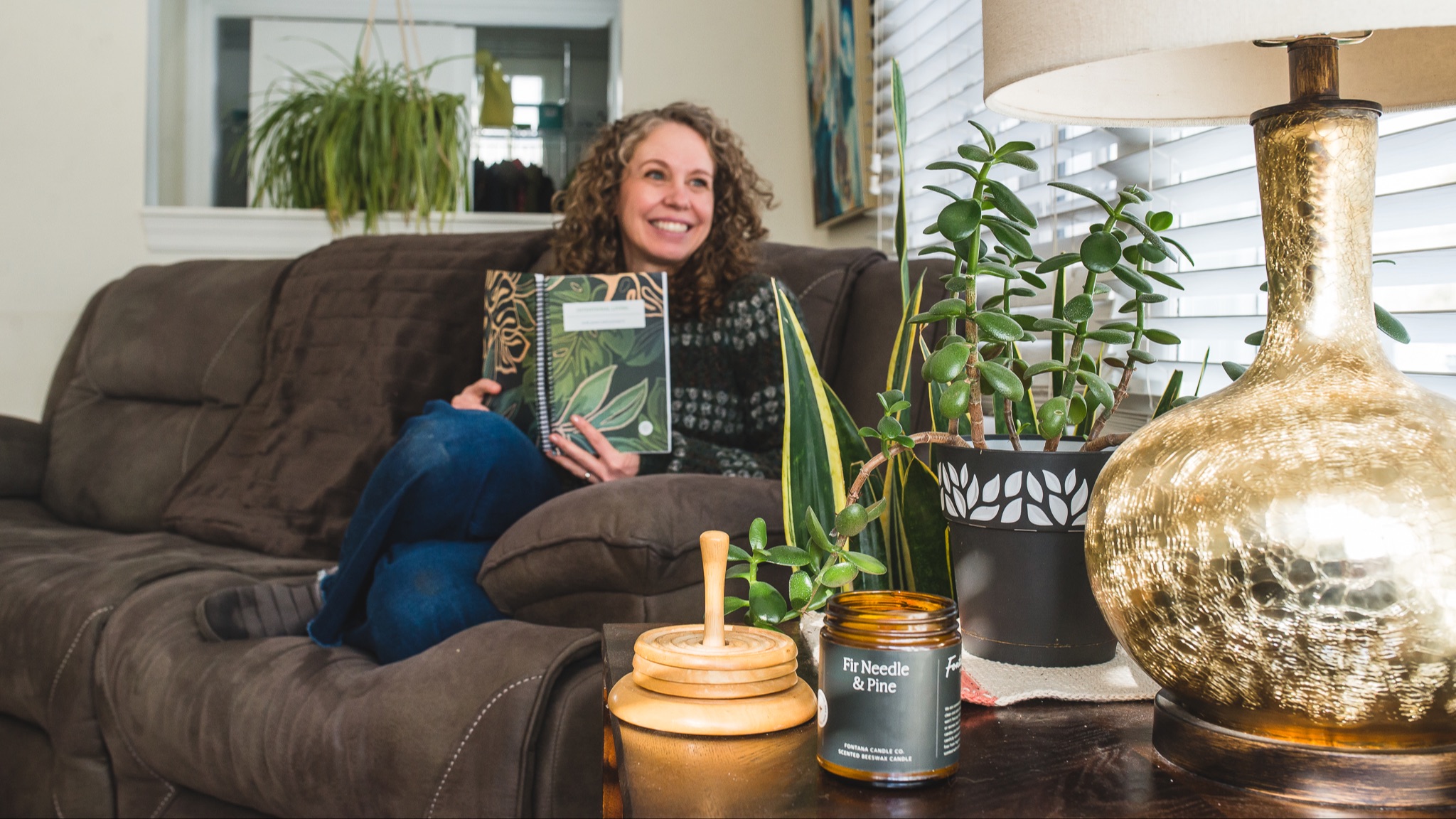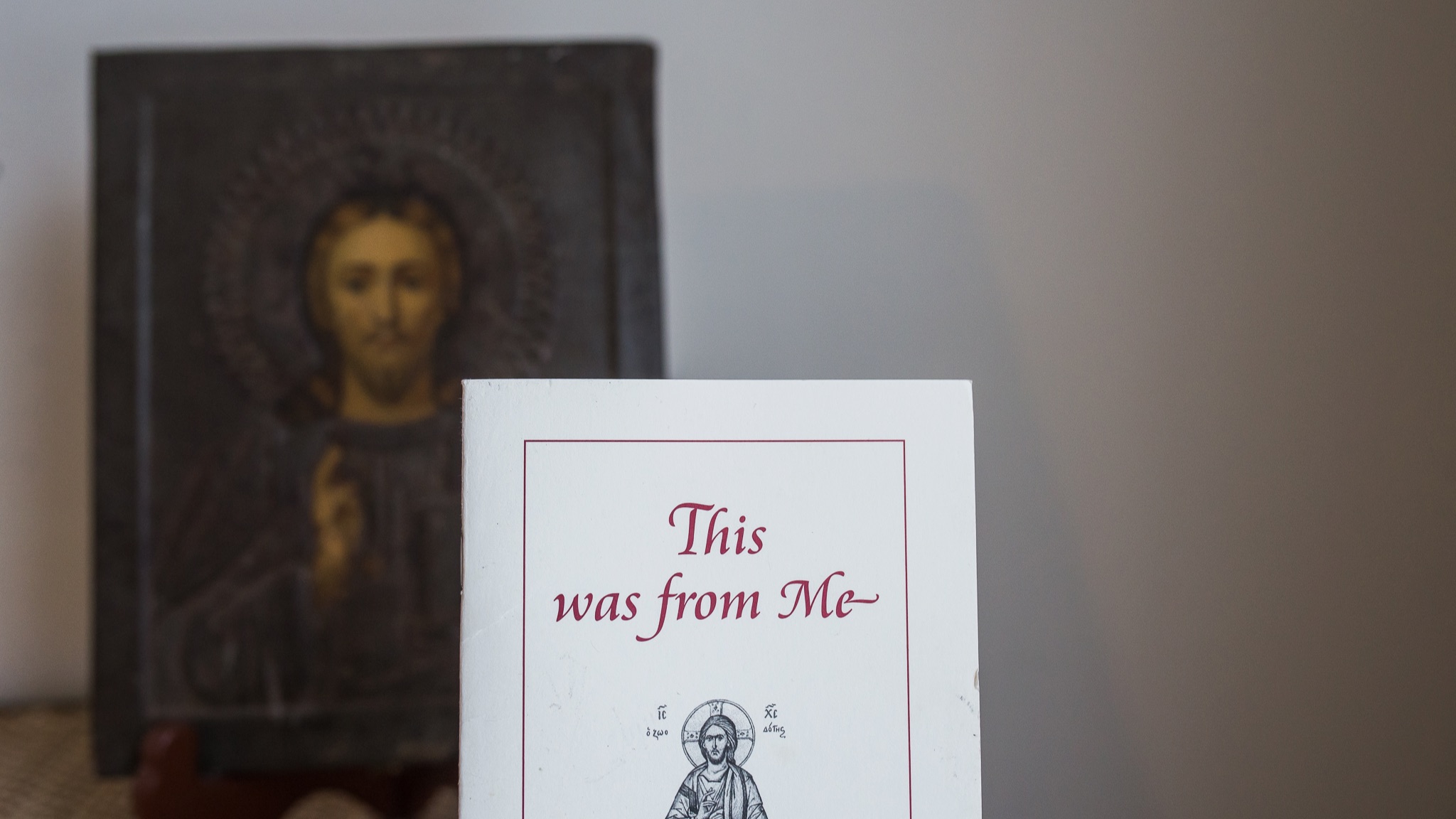Paschal Joy!
May 08, 2024
We speak of feasts, and the feast is the expression of Christianity as joy. When you teach children, you convey to them not only certain knowledge but also the spirit which is behind this knowledge. You know that the one thing a child accepts easily is joy… To become like a child, in Christ’s words, means to be capable of that joy of which an adult is no longer capable, to enter into communion with things, with nature, with other people, without suspicion or fear or frustration. We often use the term grace, but what is grace? Charis in Greek means not only grace but also joy. If I stress this point so much, it is because of my certainty that our first message must be this message of Paschal Joy. When on Pascha night we stand at the door of the Church and the Priest says, “Christ is Risen,” the night in the words of Gregory of Nyssa, becomes “lighter than the day.” Here is the strength, the real root of the Christian experience. And only within the framework of this joy can we understand everything else.
- Fr. Alexander Schmemann

I read the above on Bright Monday, groggy from a glorious and exhausting celebration with friends and family, the hymns still ringing in my heart, and my stomach full from feasting. This Pascha, I tasted true, eternal, unearthly joy and long to remain in that joy beyond Bright Week.
But how?
I’ve been quietly pondering that question the last few days, and it dawned on me that there are two precursors to joy I often forget amidst my busyness and distractedness. When I find myself embroiled in inner turmoil, it’s because I’ve drifted from these spiritual truths:
- There is no joy without death
One of the biggest things that really stuck out to me this Holy Week and Pascha was that to live with Christ, I must die. There is no shortcut, no circumventing the cross, no Pascha without Holy Week, no Resurrection without a crucifixion.
I cannot dabble in faith and expect to experience joy and peace. Paschal Joy is not a feeling I, myself, can cultivate. Joy is Christ! Making room for Him, and thereby JOY, requires dying to myself- my own will and passions. It means staying in that tension and fighting my often fierce resistance to living, breathing, and acting for Christ alone. It’s when I put my own agenda and desires ahead of Christ that I lose the joy and feel the weight of the world, my worries, and my pride begin to crush me.
Abiding in Paschal Joy means Christ when I wake, when I sleep, when I work, when I speak. Christ in my thoughts, Christ in my heart, Christ in my neighbor.
Love Christ and put nothing before His Love. He is joy, He is life, He is light, Christ is Everything. He is the ultimate desire, He is everything. Everything beautiful is in Christ.
- St. Porphyrios

- To retain Paschal Joy, I must become like a child
Only those who rest thoroughly and completely in the love of their Father, believing wholeheartedly that He will provide for all their needs, can be fully present and attentive to the beauty and wonders all around them. Without the clouded lens of skepticism, egotism, and doubt to inhibit their view of Christ’s presence everywhere, filling all things, their perspectives can be bright, hopeful, and awe-filled.
To become more childlike is to simplify by releasing my earthly cares, entrusting everything and everyone (the future and my loved ones) to Christ, and shedding all my biases and insecurities. Such uninhibited joy is found in inner stillness and in “being,” rather than overanalyzing, allowing God to act and work miracles in my life. Becoming childlike is a return to wholeness, and to full participation in the experience and moment at hand.
A child does not yet know the fragmentation of life into past, present, and future, the sad experience of vanishing and irretrievable time. He is completely in the present; he is totally in the fullness of everything that is now, be it joy, be it grief. He is completely in joy, which is why people speak about "childlike" laughter and about a "childlike" smile; he can be completely in grief and sadness, and this is why we speak about the tears of a child, and thus, why a child so easily and unreservedly cries and laughs. A child is whole not only in relation to time, but in relation to all of life; he gives himself to everything with his entire being; he does not understand the world by deliberation, through analysis, or through one of his particular emotions, but with his whole being without reservation-and this is why the world is open to him in all of its dimensions.
- Fr. Alexander Schmemann

Through the Cross, Joy has come into all the world! Through death to all that inhibits that Joy, I, too, can be Resurrected!
Don't miss our Weekly Wellness!
Bringing peace, inspiration, encouragement and actionable advice to your inbox.
Prepare to be inspired! Complete with featured recipes, healthy product recommendations and new resources by Cynthia and Molly, it's sure to be something that you look forward to every week!
We hate SPAM. We will never sell your information, for any reason.





